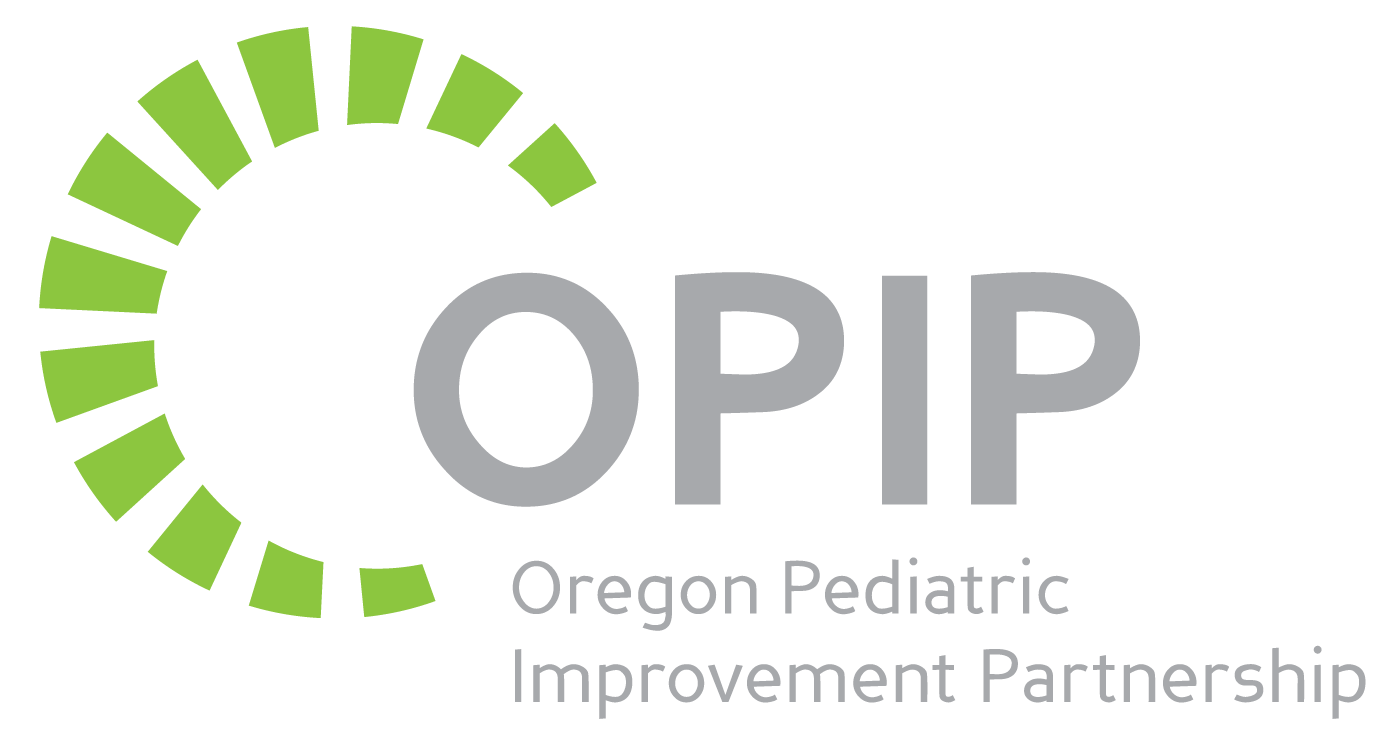Douglas County’s community members determined the priority population on which to focus improvement efforts would be Children with Health Complexity
- At the March 2020 meeting of community-level stakeholders, criterion were reviewed and confirmed for how priority areas for action would be identified.
- OPIP then summarized the input from the March 2020 meeting, follow-up survey completed, and individual stakeholder meetings.
- On November 12th, 2021 a community-level meeting was held to introduce the improvement effort activities, informed by community-engagement and guided by the local Steering Committee:
- Addressing capacity of, and child- and family-centered pathways to, behavioral health by assessing resources and building capacity, elevating family voice, examining barriers to services, engaging providers, and strengthening referrals and care coordination.
- Collaborating with Umpqua Health Alliance (UHA) to increase awareness and use of the health complexity data to identify gaps in care and inform improvement efforts
Detailed Information about Population Health Strategies:
Through examination of the regional children’s health complexity data, the centering of the voices and identified needs of those with lived experiences in accessing systems for social and medical needs, and the exploration of current local and regional efforts, the Galvanizing Efforts for Children with Health Complexity steering committee identified two priority areas in Douglas County for OPIP’s improvement project experience. OPIP provides technical assistance, facilitation, & tool provision aligned with the priority areas identified. For a detailed review of how priority areas were identified, and the resulting activities determined, click here to view the presentation to the project’s Steering Committee.
Strategy 1 – Address Capacity of and Child- and Family-Centered Pathways to Behavioral Health
This priority area was engaged in Douglas County January 2022 and is continuing throughout the length of the project in Douglas County. The activities and priority focus of this strategy was informed by two advisory committees:
- The Behavioral Health Advisory Group – established in early 2022 to provide targeted feedback, prioritization input, strategic direction, and community-level leadership on the OPIP-led activities. Representatives include specialty behavioral health providers, integrated behavioral health providers, early learning (0-5), education-based behavioral health services, family supports, etc.
- The Parent Advisory Group – established in early 2022, five Douglas County parents shared their experiences with behavioral health services in the region, developed experience maps, outlined opportunities and confirmed priorities for improvements, and advised on project activities including: asset mapping, school-age youth proposals, and potential strategies for increasing CCO-covered services for young children.
Targeted activities included:
- Community resource asset mapping of behavioral health services for young children, focused in particular on the assessment of capacity and availability of best matched services, with an equity lens.
- Interviews to inform assessment of gaps in behavioral health services, barrier to access, and strategies for building capacity, conducted with PCPCHs, Early Learning, Family Support Services and other community-based services in the region.
- OPIP was able to collaborate with, and facilitate UHA to, implement the components of the system-level Social-Emotional health metric for young children, focused on the increase of CCO-covered Social-Emotional services. This high-level facilitation resulted in quality implementation of the metric in Douglas County, observable through significant community involvement, priority populations and strategies informed by the two advisory groups. This led to the development of a UHA action plan which includes transformative improvements for young children and families experiencing health complexity.
- Identification and Implementation of improvement opportunities for Pathways to Behavioral Health Services for school-age youth, including (1) summarized targeted improvements informed by community-level feedback to Umpqua Health Alliance’s to support Information about Available Providers for Referrals, (2) Summary memo of Professional Development Opportunities for behavioral health providers to spur increased expertise on priority populations through collective efforts, and (3) Commitment from UHA to develop an improvement pilot to enhance intensive care coordination services for children with health complexity (to be implemented in 2023).
Strategy 2 – Increase Community-level Awareness about the Health Complexity Data & Leverage Data
This priority area was engaged in Douglas County during 2021, and is continuing throughout the length of the project in a number of other regional communities.
Targeted activities completed:
- Work with the Children’s Institute to develop communication materials to (1) Summarize the Call to Action, (2) Make the Call to Action accessible in Video format, and (3) make meaning of the Health Complexity Data and sharing project goals with community-level organizations support local investment.
- Placement of The Oregon Health Authority (OHA) Children’s Health Complexity data reports and resources are now linked on the Network of Care Health Data dashboard to guide community health improvement priorities.
- Work with Umpqua Health Alliance to use the Douglas County Child-level Data to inform and enhance their efforts in behavioral health. Examples included (1) facilitated calls with UHA’s data analytics team to review the priority analytic data runs requested to help inform population-level improvements – including examine the health complexity data by zip code, by specific age focus on children birth-to-5, and by PCPCH, and (2) Examination of the reach metric of children 1-5 who have received Social-Emotional services by the parental social complexity variables in the child health complexity data.
- Support to Trillium Community Health Plan (South) to analyze and assess the health complexity data for children that reside in Northern Douglas County.
Funding Disclosure
This work is supported by The Ford Family Foundation. The Ford Family Foundation was established in 1957 by Kenneth W. and Hallie E. Ford. Its mission is “successful citizens and vital rural communities” in Oregon and Siskiyou County, California. The Foundation is located in Roseburg, Oregon, with a Scholarship office in Eugene.

